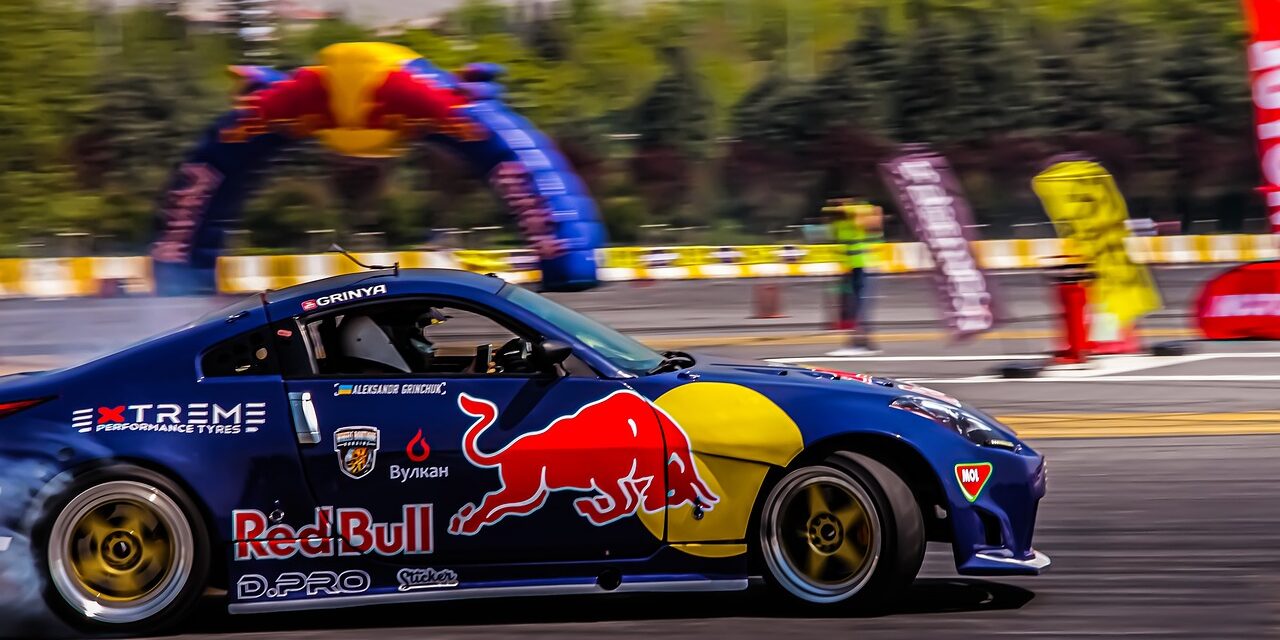In the realm of sports sponsorship, few entities have made as significant an impact as Red Bull GmbH. Originally founded in 1984 by Dietrich Mateschitz and Chaleo Yoovidhya, Red Bull emerged from a unique concept inspired by a Thai energy drink called Krating Daeng. Since its inception, Red Bull has transcended its role as merely an energy drink manufacturer; it has positioned itself as a formidable player in the world of motorsports, effectively using this platform not only to promote its brand but also to engage with a global audience.
The partnership between Red Bull and motorsports began in earnest in the early 2000s. The company’s foray into Formula One racing in 2005, with the acquisition of Jaguar Racing, marked the beginning of a revolutionary era for both Red Bull and the sport itself. The rebadged team, Red Bull Racing, quickly ascended to prominence within the competitive landscape of Formula One, securing its first victory at the 2006 Malaysian Grand Prix. This initial success was not merely serendipitous; it signaled Red Bull’s serious commitment to winning and its willingness to invest heavily in technology and talent. Under the leadership of team principal Christian Horner and the engineering prowess of Adrian Newey, Red Bull Racing would evolve into a powerhouse, clinching multiple Constructors’ and Drivers’ Championships between 2010 and 2013, largely fueled by the unrivaled skill of driver Sebastian Vettel.
However, Red Bull’s impact on motorsports extends beyond its Formula One endeavors. The brand has diversified its portfolio by venturing into various other racing formats, including MotoGP, World Rally Championship (WRC), and the FIA Formula E Championship. Each of these disciplines allows Red Bull to engage with different segments of the motorsport audience, thereby enhancing brand visibility and resonance across demographics. Further, through its ownership of Toro Rosso (now Scuderia AlphaTauri), Red Bull has cultivated a talent pipeline in Formula One, offering young drivers the opportunity to break into the sport and showcasing their potential on an international platform.
One of the defining characteristics of Red Bull’s approach to motorsports is its emphasis on innovation and technology. The company’s significant investment in engineering and research has led to the development of cutting-edge technologies that not only enhance performance on the racetrack but also receive attention from the general consumer market. The synergy between racing engineering and consumer technology has fostered a narrative of excellence that resonates with consumers, reinforcing the brand’s image as a leader in both energy drinks and high-performance sports.
Moreover, Red Bull has expertly utilized its motorsports involvement to create engaging content and narratives that resonate with fans. The introduction of Red Bull Media House has transformed the way motorsport events are presented and consumed. Through high-quality documentaries, social media engagement, and online streaming of races and events, Red Bull has created a multifaceted brand experience that captivates audiences. The storytelling associated with its athletes, particularly during competitive seasons, fosters a sense of community and loyalty among fans, encouraging them to align with the brand not just as consumers but as stakeholders in the sporting journey.
In addition to its marketing acumen, Red Bull’s commitment to safety and sustainability within motorsports cannot be overlooked. The organization has actively promoted initiatives aimed at reducing the carbon footprint associated with racing events. By championing sustainable practices in the industry, Red Bull is positioning itself as a responsible entity in a world increasingly concerned with environmental issues. This forward-looking approach not only enhances the brand’s reputation but also aligns Red Bull with the evolving values of modern consumers.
In conclusion, Red Bull’s relationship with motorsports represents a deep and multifaceted partnership that transcends mere sponsorship. Through its strategic investments, innovative approaches to technology, engaging content creation, and commitment to sustainability, Red Bull has successfully crafted a lasting presence within the motorsport industry. This dynamic relationship not only elevates Red Bull as a brand but also contributes to the evolution of motorsport itself, making it a pivotal player in shaping the future of competitive racing. As the world of motorsports continues to evolve, Red Bull’s influence is likely to endure, further bridging the gap between high-octane sports and consumer engagement.

